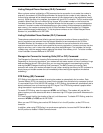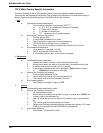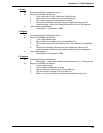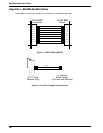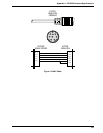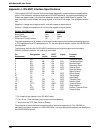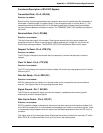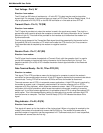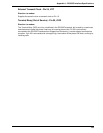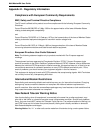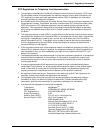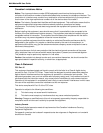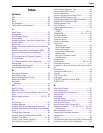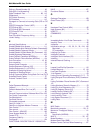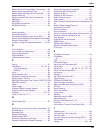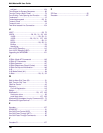
160
MultiModemBA User Guide
Appendix K - Regulatory Information
Compliance with European Community Requirements
EMC, Safety and Terminal Directive Compliance
The CE mark is affixed to this product to confirm compliance with the following European Community
Directives:
Council Directive 89/336/EEC of 3 May 1989 on the approximation of the laws of Member States
relating to electromagnetic compatibility.
and
Council Directive 73/23/EEC of 19 February 1973 on the harmonization of the laws of Member States
relating to electrical equipment designed for use within certain voltage limits:
and
Council Directive 98/13/EC of 12 March 1998 on the approximation of the laws of Member States
concerning telecommunications and Satellite earth station equipment.
European Directives User Guide Statement
Note: The following statement applies only to products marked with Pan-European approval
markings.
The equipment has been approved to [Commission Decision “CTR21”] for pan-European single
terminal connection to the Public Switched Telephone Network (PSTN). However, due to differences
between the individual PSTNs provided in different countries, the approval does not, of itself, give an
unconditional assurance of successful operation on every PSTN network termination point. In the
event of problems, you should contact your equipment supplier in the first instance.
This equipment is designed to work with PSTN networks that accept analog signals. Multi-Tech does
not currently know of any interoperating difficulties.
International Modem Restrictions
Some dialing and answering defaults and restrictions may vary for international modems. Changing
settings may cause a modem to become non-compliant with national telecom requirements in
specific countries. Also note that some software packages may have features or lack restrictions that
may cause the modem to become non-compliant.
New Zealand Telecom Warning Notice
Use of pulse dialing, when this equipment is connected to the same line as other equipment, may
give rise to ‘bell tinkle’ or noise and may also cause a false answer condition. Should such problems
occur, the user should NOT contact the Telecom Faults Service. The preferred method of dialing is to
use DTMF tones, as this is faster than pulse (decadic) dialing and is readily available on almost all
New Zealand telephone exchanges.
Warning Notice: No ‘111’ or other calls can be made from this device during a mains power failure.



